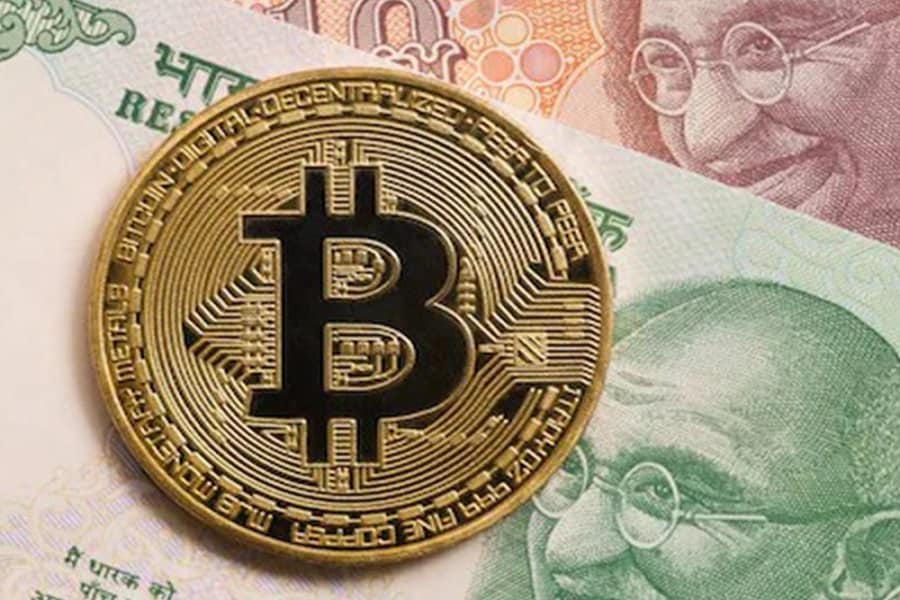
Digital Currency Vs Cryptocurrency – what's the difference?
If you've been wondering how digital currency will differ from cryptocurrency then this guide will help you know everything about these two forms of currencies
 Ever since Finance Minister Nirmala Sitharaman, during her 2022 Budget speech, announced that the Reserve Bank of India (RBI) would be rolling out its digital currency, there has been a lot of chatter about what exactly a digital currency is and how will it differ from cryptocurrencies such as Bitcoin, Dogecoin and other popular tokens.
Ever since Finance Minister Nirmala Sitharaman, during her 2022 Budget speech, announced that the Reserve Bank of India (RBI) would be rolling out its digital currency, there has been a lot of chatter about what exactly a digital currency is and how will it differ from cryptocurrencies such as Bitcoin, Dogecoin and other popular tokens.
If you’ve been wondering how digital currency will differ from cryptocurrency then this guide will help you know everything about these two forms of currencies. Let’s begin by defining them first.
Digital Currency – is the digital format of fiat currency that you carry around in your wallet or withdraw from an ATM. It’s the same currency that is backed by an authority, the Reserve Bank of India in case of Indian currency, and can be exchanged for actual currency if and when it is scheduled to be launched in 2023.
Cryptocurrency – is not backed by a central figure but derives its purchasing power from its community of users. Technically, they are pieces of code created by ‘mining’ that are managed through a digital ledger called as blockchain to ensure transparency at each stage of its journey. Although coins like Bitcoin and Ethereum have many uses when it comes to NFTs and the upcoming metaverse, they cannot be utilised outside of blockchain as these are digital assets that can be traded but not used as a legal tender in India.
Now that we know about them, here are five major differences between digital currency and cryptocurrency.
1 - Centralisation




